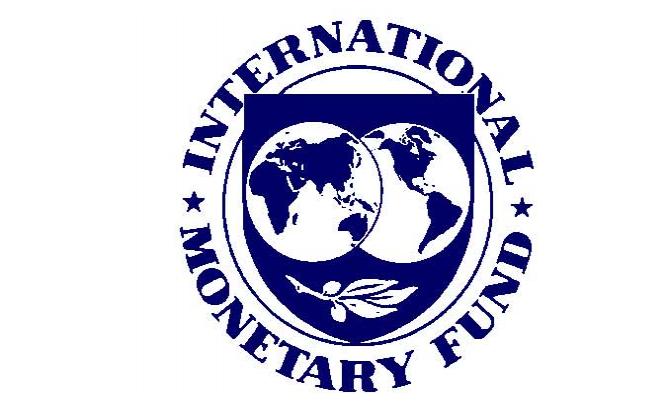The total bailout package of 6.8bn Euros ($ 9 billion) will come from the troika of European Commission, European Central Bank and the IMF.
10th July 2013
Greece’s perseverance to follow with the austerity plans and economic reforms has finally succeeded with the battered European country getting a fresh source of aid from the International Monetary Fund. European governments have agreed to release 3 billion Euros ($ 3.9 billion) of aid to Greece, seeking to stabilize its finances and prevent another debt crisis till September. Greece will get 2.5 billion Euros this month and the rest in October, as long its tottering Government headed by Prime Minister Antonis Samaras delivers on economic reforms which include cutting thousands of public sector jobs, raising taxes and selling state assets. The crisis has compounded in Greece with soaring unemployment and abysmal standard of living, but the European Central Bank, European Commission and the IMF are continuing on the bailout program essential for the country to continue on its debt repayments.
The total bailout package of 6.8bn Euros ($ 9 billion) will come from the troika of European commission, European Central Bank and the IMF. The lenders have however warned the country of “slow reforms” and an “uncertain economy”. The finance ministers of Eurozone said 2.5 billion Euros would come from the eurozone rescue fund and 1.5 billion Euros from the European Central Bank. Rest of the bailout package would be given to the country in October, which includes 500 million Euros from the rescue fund and 500 million Euros from the European Central Bank.
The “Bailout” effect
The bailout has reduced the country into shambles with unemployment soaring at 27% and scurrilous standard of living which has angered the Greeks. Around 25,000 government employees will have to bear salary cuts and others redeployed or dismissed, compounding the distressing unemployment rates of the country. Anger is rising in the country with school teachers protesting on the streets of Athens against public sector layoffs. The outraging public sentiment and huge protests have seen political instability in the country, with four different Greek governments in as many years. The austerity has taken its toll with the national broadcaster being taken off the air.
Frederik Erixon, a Swedish Economist says under the strict bailout terms, Greece is bound to go even deeper into depression.
“If you are making the economy contract even more, and when the economy contracts, the deficit go up, even higher”, he said.
German Finance Minister Wolfgang Schaeuble said “Greece is on the right track in many ways, but there have been delays in some areas,” he was quoting reporters after a meeting with euro-area counterparts in Brussels. Severe recession, rising global interest rates, political crisis in Portugal, one of the beneficiaries of the state aid, have raised pressures on creditors to prevent a financial repercussion in Greece, the trigger of the economic crisis in Euro zone. The 17 nation economy has shrunk nonstop since the fourth quarter of 2011, uneven growth rates and unemployment have shaken the economy of the euro countries. A record 12.2 percent unemployment masks jobless rates, which includes 26.9 percent in Spain and as low as 4.7 percent in Austria, a glaring example of uneven growth. Germany, the backbone of the European economy, is rather diplomatically trying to avoid a flare up in the crisis as chancellor Angela Merkel campaigns for a re-election in September.
The Way ahead
Greece’s economic outlook remains uncertain and the government is behind schedule in implementing the proposed economic reforms imposed by the troika. The troika has sternly suggested some measures to control costs in the health care sector, income and property tax reforms, and politically sensitive cuts in the government payrolls which have been referred to as “mandatory exits” in the to-do list issued by the troika. The depletion and cash flow in the Greek economy is so bad that no bids came from private players for the sale of the national gas company Depa SA.
With growing debt and political instability, the beleaguered European state might see the exit from the Euro which could spark a chaotic fracturing of the entire euro zone, which has the potential create a global shock having global ramifications.

